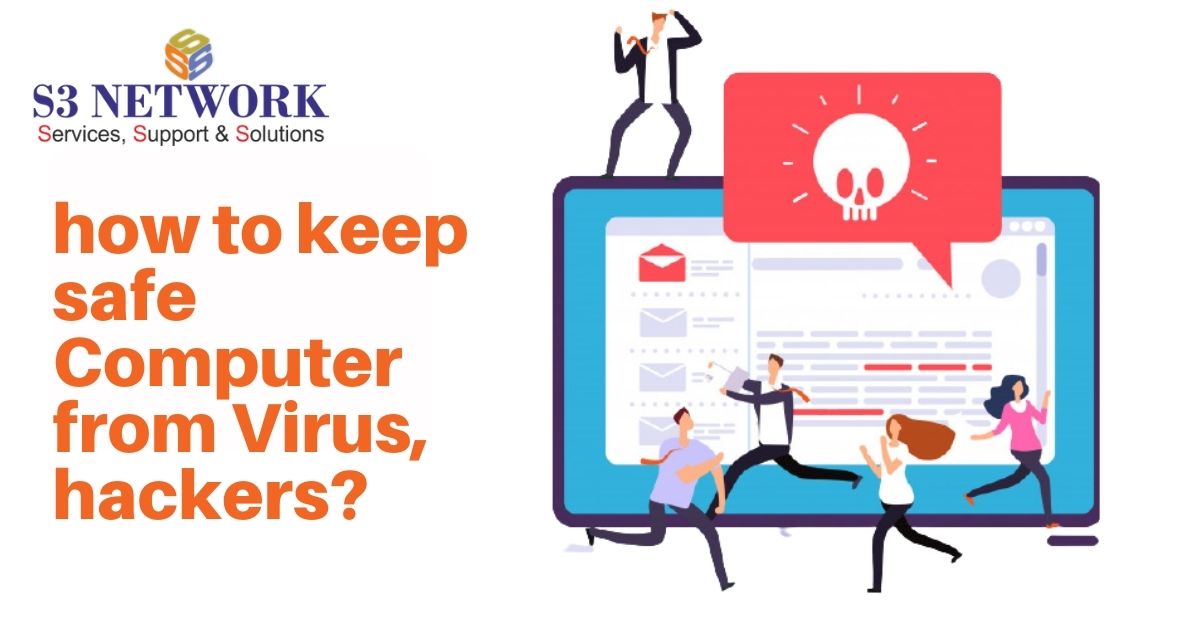Keeping your computer secure helps you avoid malware and direct hacking attempts designed to steal your personal information. Here are some ways you’ll help reduce your online risk once you use your computer reception .
Tips to protect your computer
1. Use a firewall
Windows 10 and Windows 8 have a firewall already inbuilt and automatically turned on.
2. Keep all software up so far
Make sure to show on automatic updates in Windows Update to stay Windows, Microsoft Office, and other Microsoft applications up so far . activate automatic updates for non-Microsoft software also , especially browsers, Adobe Acrobat Reader, and other apps you often use.
3. Use antivirus software and keep it current
If you run Windows 10 or Windows 8, you’ve got Windows Security or Windows Defender Security Center already installed on your device.
Make sure your passwords are well-chosen and guarded
To learn how, see Protect your passwords.
4. Don’t open suspicious attachments or click unusual links in messages.
They can appear in email, tweets, posts, online ads, messages, or attachments, and sometimes disguise themselves as known and trusted sources.
5. Browse the online safely
Avoid visiting sites that provide potentially illicit content. Many of those sites install malware on the fly or offer downloads that contain malware. Use a contemporary browser like Microsoft Edge, which may help block malicious websites and stop malicious code from running on your computer.
6. Stay away from pirated material
Avoid streaming or downloading movies, music, books, or applications that don’t come from trusted sources. they’ll contain malware.
7. Do not use USBs or other external devices unless you own them
To avoid infection by malware and viruses, make sure that all external devices either belong to you or come from a reliable source.
8. Protect your personal information online
Your privacy on the web depends on your ability to regulate both the quantity of private information that you simply provide and who has access thereto information. determine the way to protect your privacy on the web .
9. Protect yourself from scams
When you read email, use social media, or browse the online , you ought to be wary of scams that attempt to steal your personal information (also referred to as identity theft), your money, or both. Many of those scams are referred to as “phishing scams” because they “fish” for your information. determine the way to protect yourself from phishing scams and avoid tech support scams.
10. Prevent and take away malware
One important step toward greater workplace security is to guard your computer against malware.








security
works of art.
only a few survived.